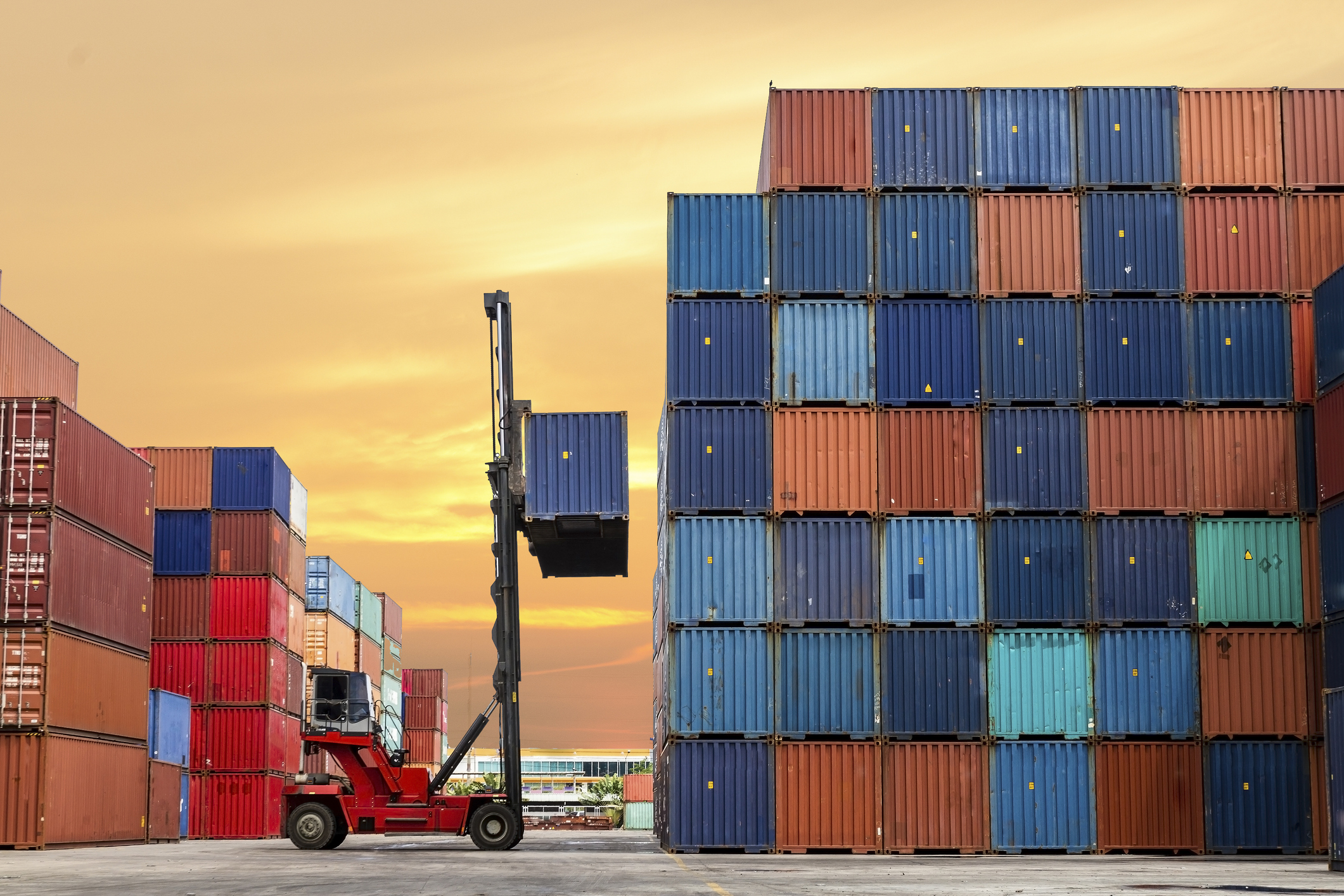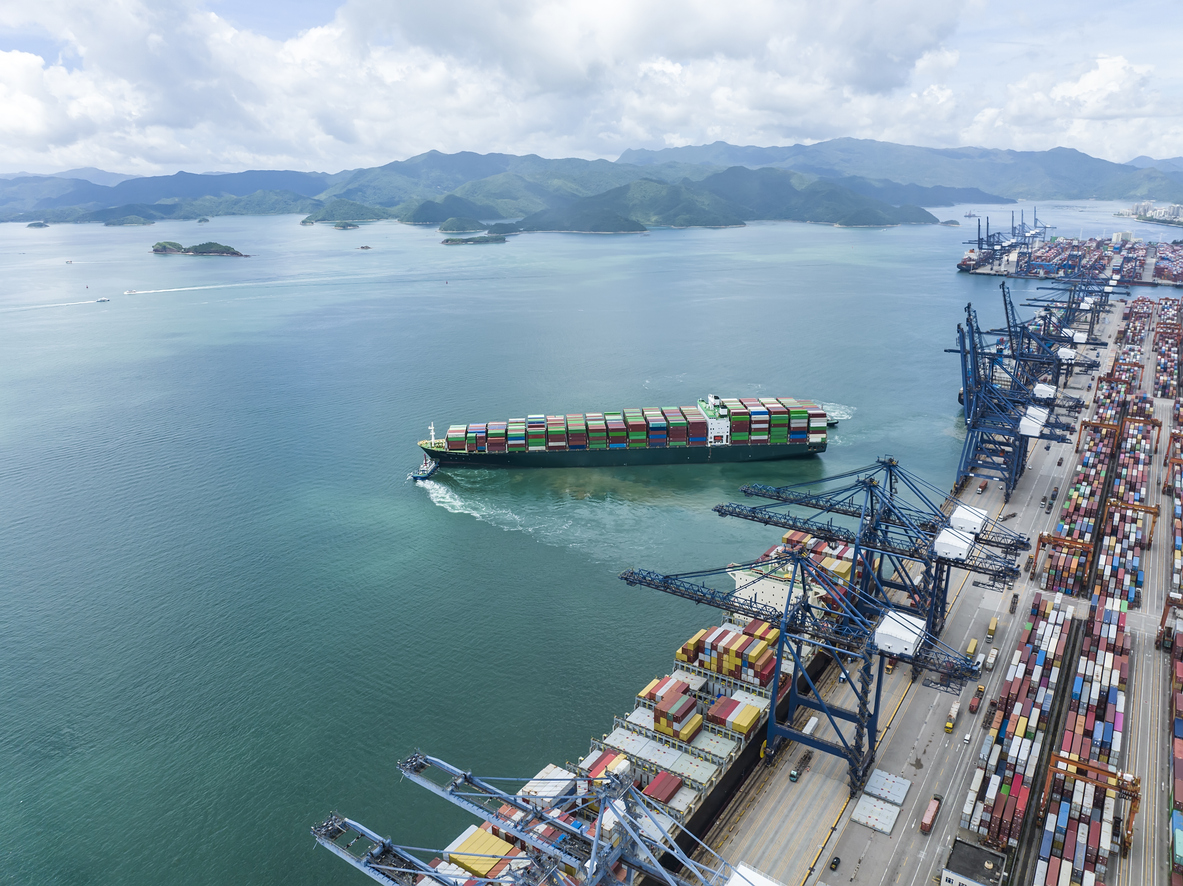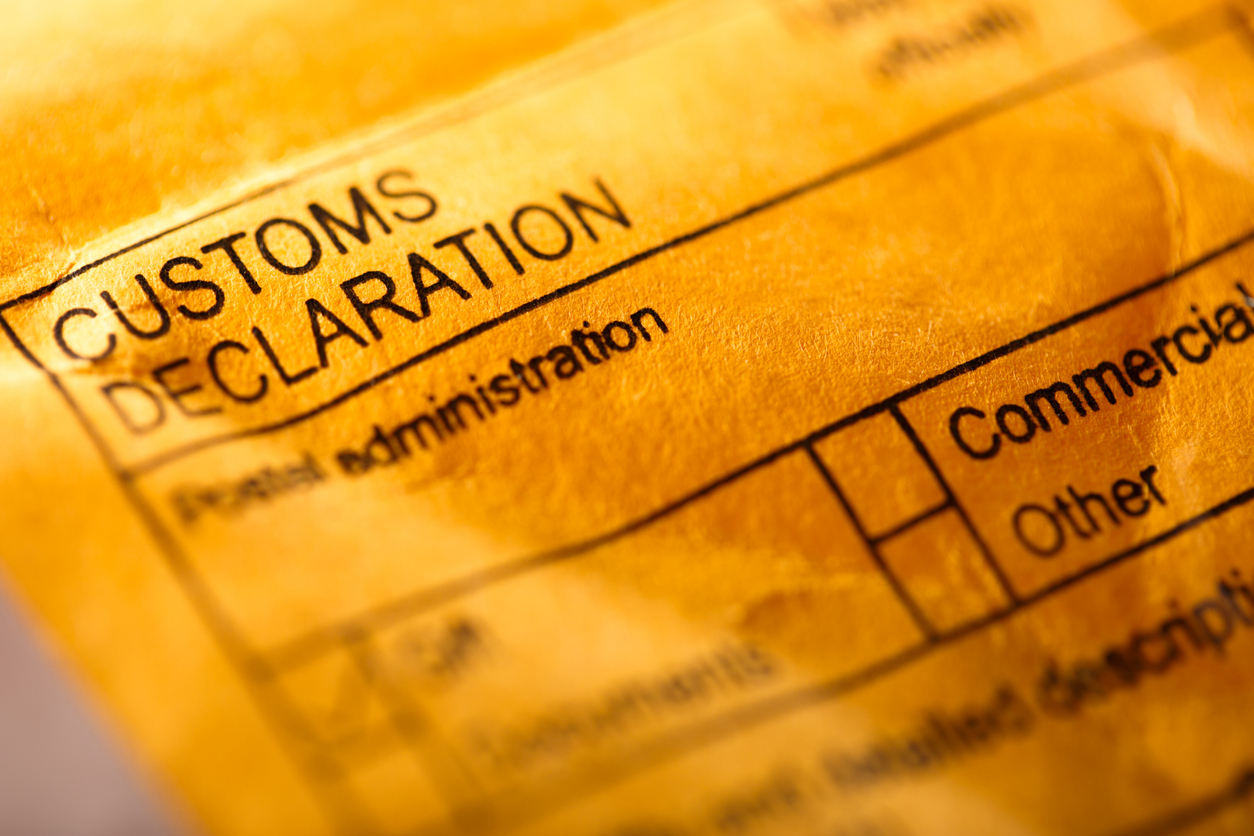A corporate insider blew the whistle on a scheme to underdeclare the value of apparel imported from China
The U.S. government has intervened and filed a complaint in a customs fraud whistleblower case involving an importer of uniforms supplied to fast food chains and healthcare providers. The U.S. Department of Justice (DOJ) alleges that Barco Uniforms and its China-based manufacturing partners conspired to carry out a double-invoicing scheme, systematically undervaluing and underpaying customs duties owed on the company’s apparel imports.
Initiated by a whistleblower—a former Barco executive who filed a lawsuit under the False Claims Act (FCA)—the case highlights the vital role of whistleblowers in revealing customs fraud and the significant financial rewards they can receive.
Double-invoicing and undervaluation
According to the government, Barco and its suppliers employed a classic customs fraud tactic—double-invoicing. Specifically, they allegedly conspired to create two commercial invoices for each shipment. One invoice would reflect the true prices and be used for billing purposes. A second invoice would be falsified, showing allegedly artificially low prices. It would be presented to U.S. Customs and Border Protection (CBP) to underdeclare the value of the merchandise when entering it through customs.
The DOJ alleged that the scheme enabled Barco to pay significantly less in customs duties than was owed. Moreover, the savings Barco netted allegedly enabled it to secure contracts with major U.S. restaurant chains in the highly competitive uniform-supply market, undercutting law-abiding competitors while costing the U.S. government millions of dollars in lost import duties.
When entering merchandise through customs, importers must declare the true transaction value of their goods, supported by commercial invoices. Customs duties are assessed based on the declared values and the applicable tariff rates.
By submitting falsified invoices with artificially low values, Barco and its co-conspirators allegedly violated the FCA, which prohibits knowingly making false statements to avoid paying money owed to the federal government. The DOJ alleges the scheme resulted in lost customs duty revenues of millions of dollars.
Fraudulently low DDP prices
According to court filings, Barco allegedly solicited “DDP” price quotes from potential suppliers in China. DDP, which stands for “Delivered Duty Paid,” means the seller is responsible for arranging for the goods to be delivered to the buyer, including customs entry and the payment of customs duties. Accordingly, in legitimate DDP transactions, quotes include the full amount of the customs duties due on the merchandise.
However, when competing for Barco’s business, suppliers willing to participate in the underpayment scheme offered Barco much lower DDP prices by understating the customs duty component, indicating they planned to underpay duties and pass the savings on to Barco, according to the DOJ. In contrast, Barco received quotes from competing, law-abiding suppliers that incorporated the true, higher duty costs.
The scheme was allegedly confirmed by email. For example, one supplier allegedly messaged Barco that only a fraction of the correct duty would be declared on a particular shipment, cautioning, “We can’t declare the value too low or will get into trouble.”
Moreover, an independent auditing firm hired by Barco allegedly flagged its customs practices as a risk. In particular, it warned Barco, “Duty calculations should be double-checked before final DDP price is agreed with vendor,” citing the legal ramifications of underpaying customs duties.
Nevertheless, according to the DOJ, Barco ignored those warnings and continued to enter DDP purchase transactions involving fraudulently low duty payments.
The whistleblower: an insider with firsthand knowledge
According to court filings, the whistleblower who initiated the case was a former Barco executive with access to internal pricing, contract negotiations, and communications with overseas suppliers. After repeatedly raising concerns about the fraudulent customs practices to Barco’s management and ultimately being terminated, the whistleblower filed a sealed qui tam FCA lawsuit, providing the government with detailed evidence.
Unlike some customs fraud cases where whistleblowers rely on public trade data or industry knowledge, the Barco whistleblower’s claims were based on inside information: internal emails, spreadsheets, cost breakdowns, and firsthand observations of how the company and its suppliers structured their transactions. This type of evidence is often crucial for the government to successfully intervene and prosecute customs fraud cases under the FCA.
How FCA whistleblower cases work
The FCA is the government’s most powerful tool for combating fraud involving federal funds, including evaded customs duties. Under the FCA’s qui tam provisions, whistleblowers (known as “relators”) are entitled to file lawsuits on the government’s behalf. They can receive a share of any recovery, 15% to 25% if the government intervenes, and up to 30% if the whistleblower proceeds independently.
Those rewards can amount to millions of dollars, particularly as the FCA allows the government to recover treble damages, which in customs cases means three times the underpaid duties, plus substantial civil penalties for each false statement or submission made to CBP. The FCA also includes provisions protecting whistleblowers from retaliation and providing for the violators to pay the whistleblower’s attorneys’ fees, creating powerful incentives for insiders with knowledge of fraud to come forward.
DOJ’s commitment to customs fraud enforcement
The Barco case is part of a growing trend of aggressive DOJ enforcement against customs fraud under the FCA. The DOJ has stated that it will pursue importers and their suppliers who evade customs duties, whether by tactics such as double-invoicing, undervaluation, misclassification, transshipment, and misrepresenting the country of origin.
The DOJ intervention underscores its position that whistleblower-initiated FCA actions are critical for protecting the integrity of U.S. trade laws and ensuring a level playing field for honest businesses.
What prospective whistleblowers should know
If you know an importer or supplier engaged in fraudulent customs practices—including undervaluing goods, double-invoicing, misclassifying merchandise, or using shell companies to disguise the true parties to transactions—you may be positioned to file a successful FCA whistleblower claim. Red flags to watch for include:
- Requests to create or submit multiple sets of invoices for the same shipment (one for customs, one for payment).
- Declared values significantly lower than the prices actually paid or agreed upon.
- Use of incorrect HTS codes or mislabeled merchandise.
- Falsified commercial invoices or Form 7501 customs entry summaries.
Employees, former employees, suppliers, or competitors with access to reliable evidence are often best positioned to provide the documentation and information needed for a successful case.
Speak with an experienced customs fraud whistleblower attorney
Cheating on customs duties is thought to be pervasive, yet can be difficult to detect without insider knowledge. While the FCA provides significant financial incentives and legal protections for whistleblowers, the process is complex and requires careful legal guidance. To maximize your chances of success, consulting with an experienced customs fraud whistleblower attorney like Mark A. Strauss before taking action is critical.
At Mark A. Strauss Law, we have extensive experience representing whistleblowers in customs fraud FCA cases. We understand the intricacies of customs regulations, international trade, and the FCA. We can help you evaluate your evidence, build a strong case, and navigate the legal process from start to finish.
Contact us today for a free, confidential consultation if you have information about customs fraud involving undervaluation, double-invoicing, misclassification, or other deceptive practices. All communications are protected by attorney-client privilege, and you pay no legal fees unless we recover a whistleblower reward on your behalf.
Fraud is their game. Integrity is yours. Let us help you do the right thing—and get rewarded for it.




